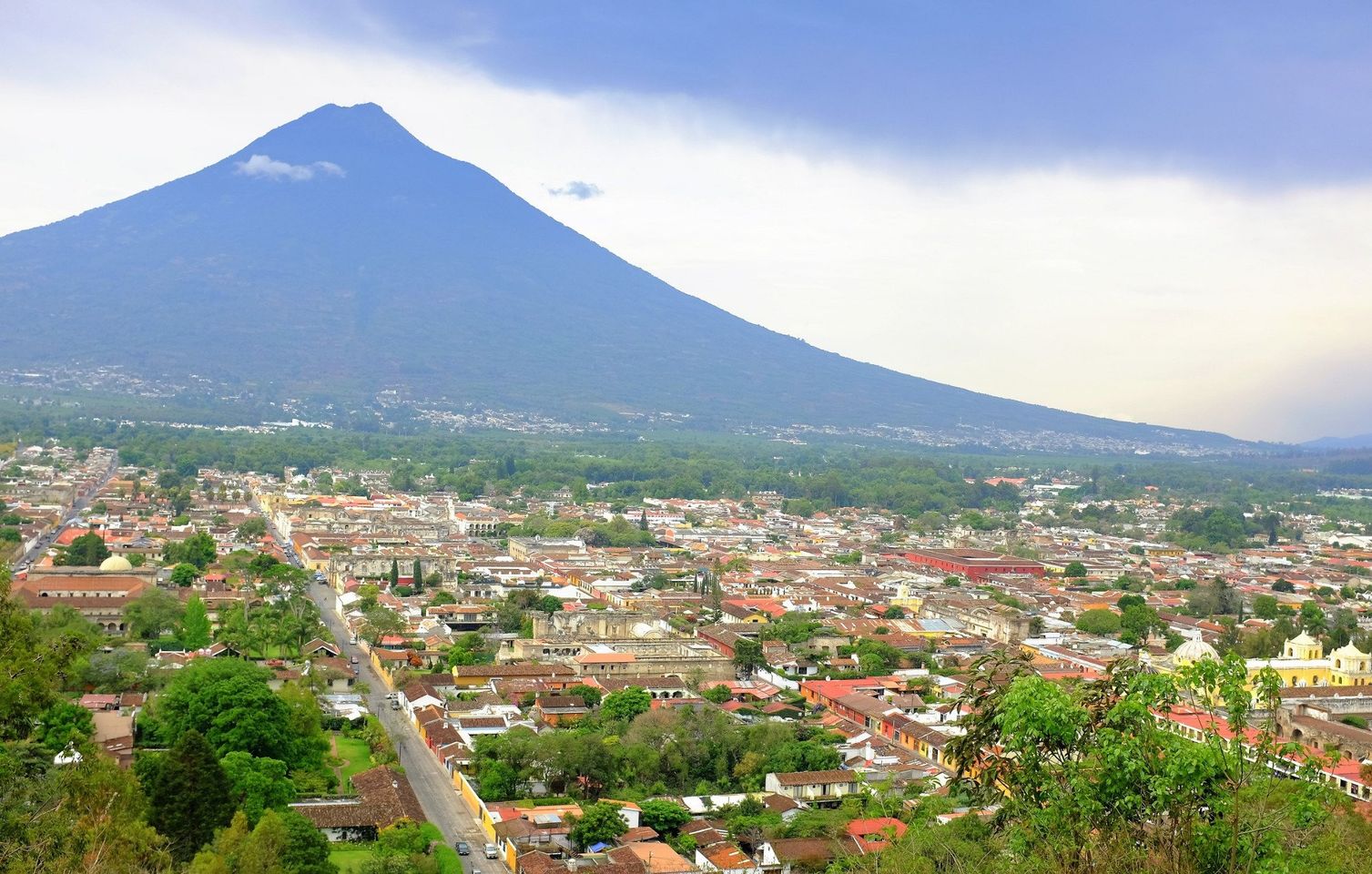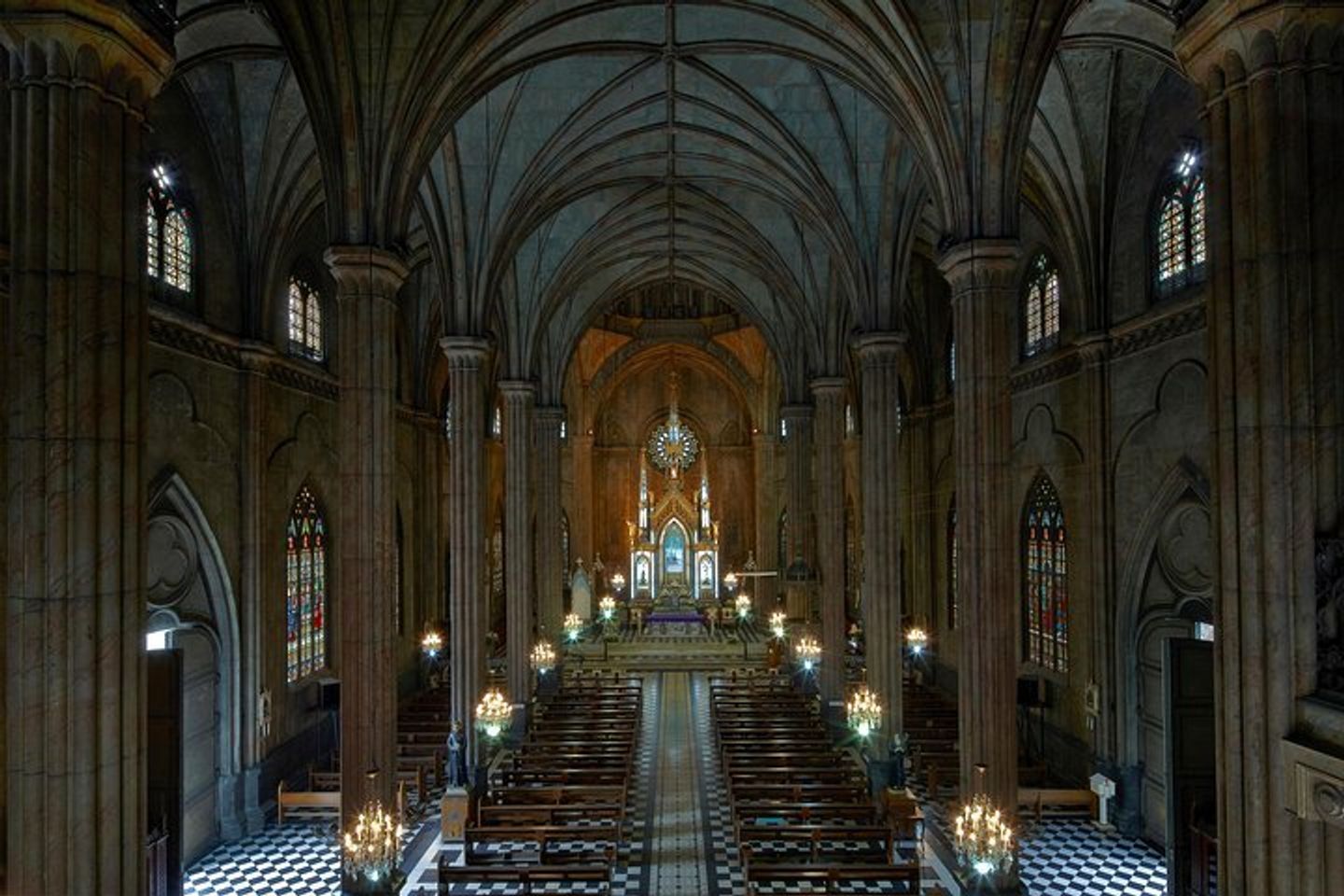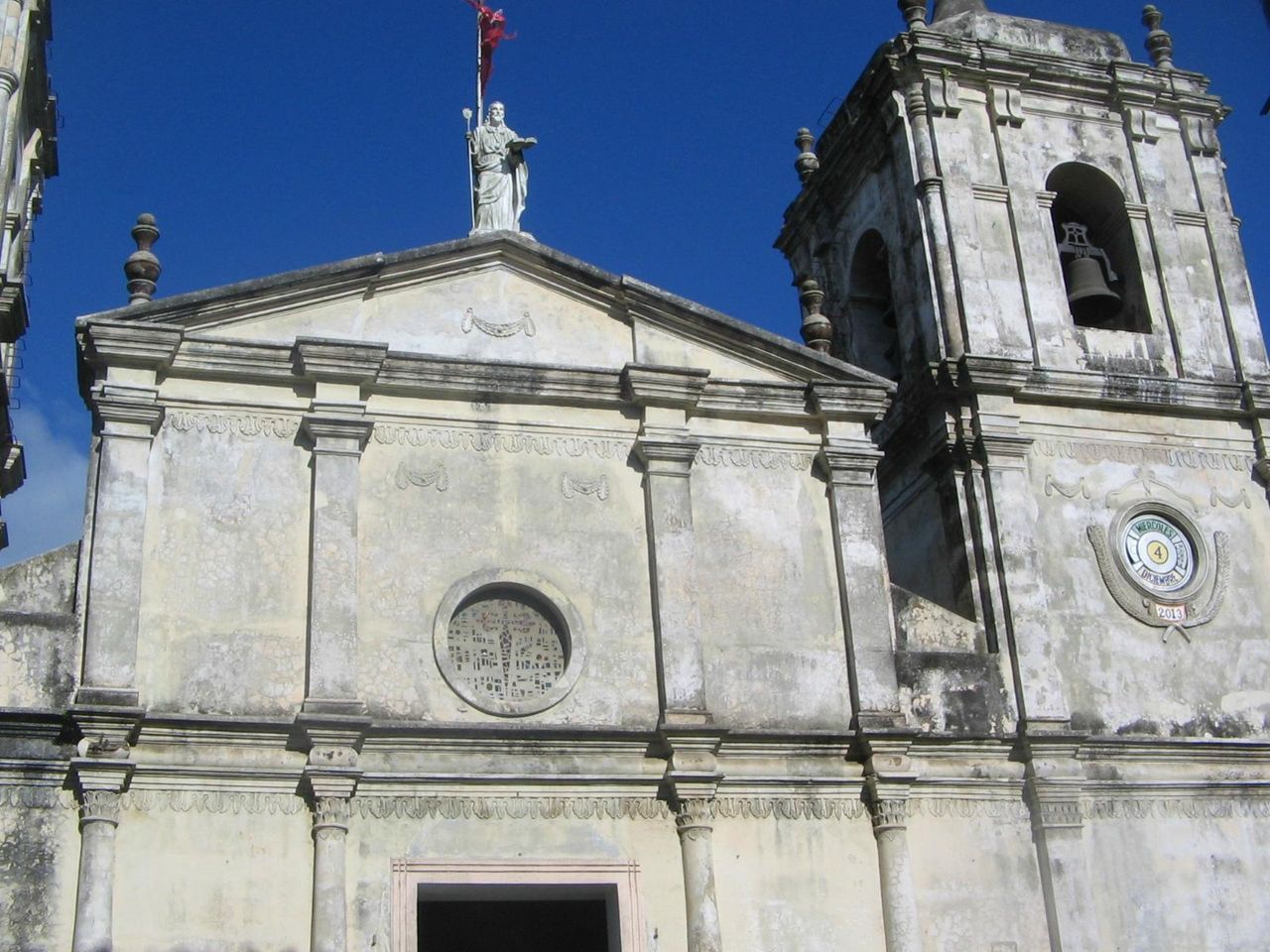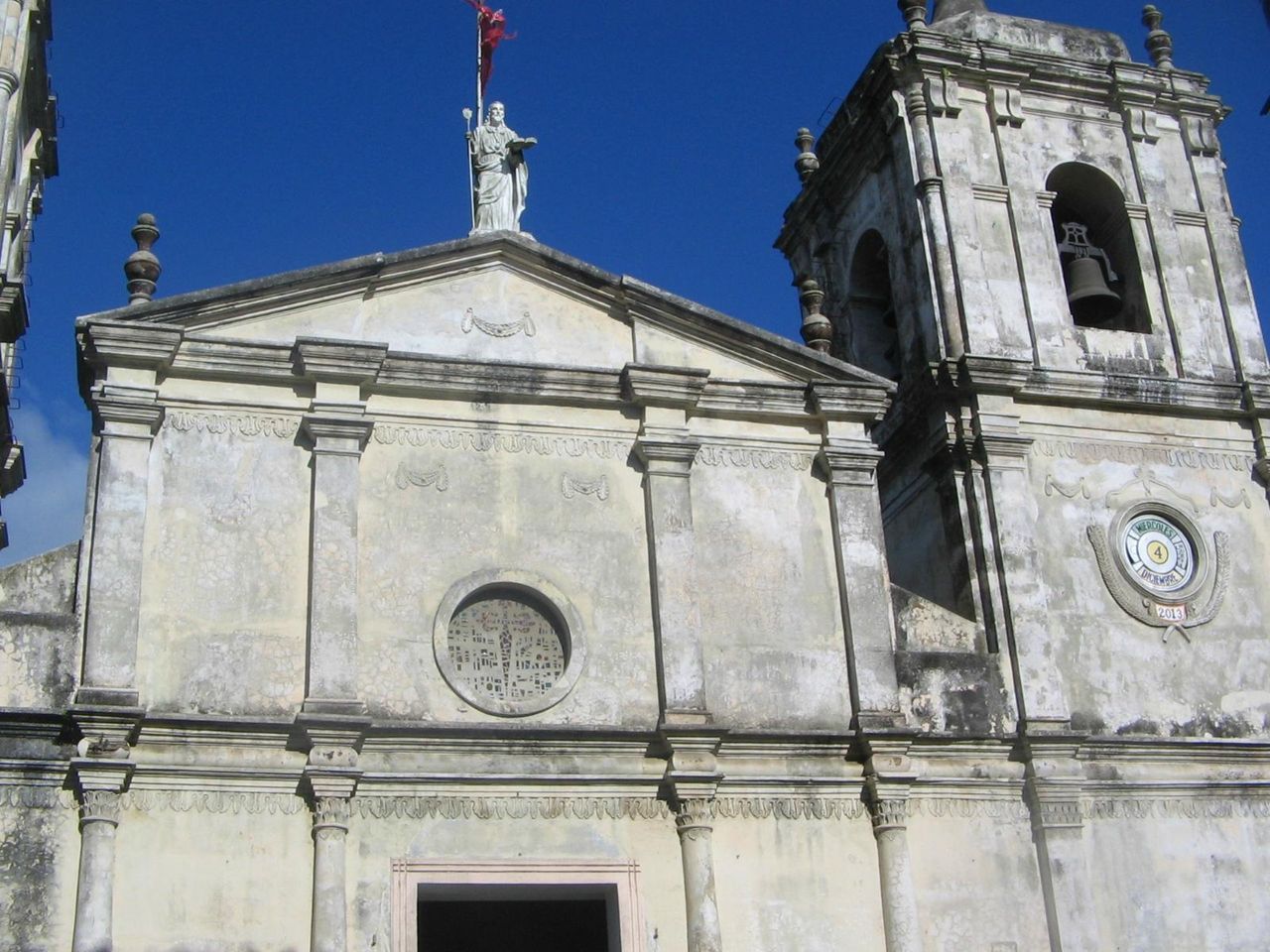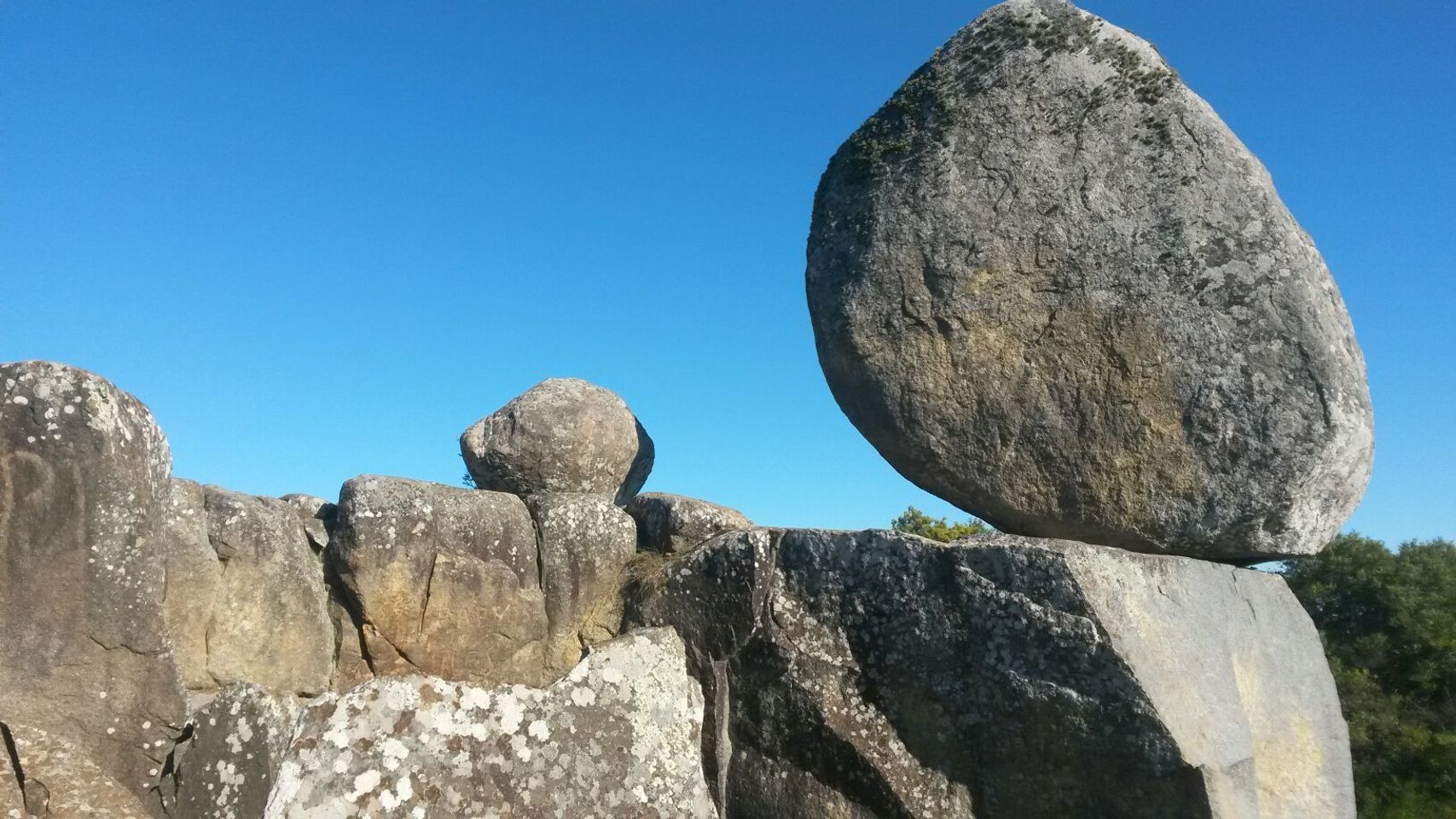Discover the Hidden Gem of Nicaraguas Coffee Scene: Cafetal El Paraiso
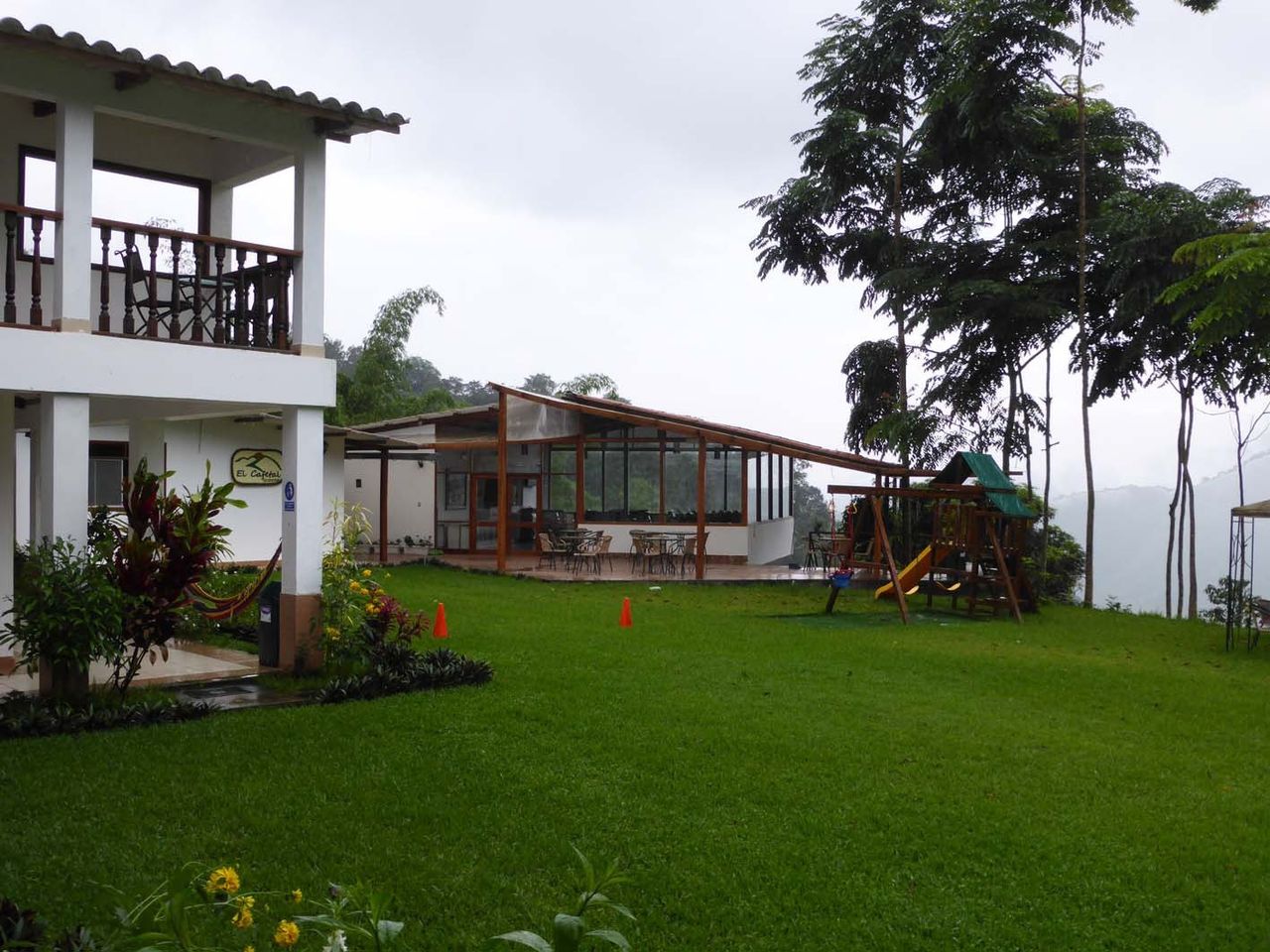
Cafetal El Paraiso is a hidden gem located in the picturesque town of Jinotepe, Nicaragua. This coffee farm offers a unique and unforgettable experience with its lush greenery and serene ambience. From the moment you step foot on the property, you are transported to a world of tranquillity, a place where time stands still and the only thing that matters is the quality of the coffee.
As a passionate coffee lover and advocate of sustainable farming practices, the Cafetal El Paraiso experience is one that I urge everyone to partake in. Not only does the farm boast some of the best coffee beans in the region, but they also prioritize environmental conservation efforts that support the local community.
In this article, we will delve into the nuances that make Cafetal El Paraiso such a unique and special place. From the farm’s rich history to their commitment to sustainability and community engagement, we’ll explore why this coffee farm should not be missed. So sit back, grab a cup of coffee, and let’s dive into the world of Cafetal El Paraiso. Click here to access the complete city guide for Jinotepe.
Coffee farming techniques
We believe that visiting Cafetal El Paraiso in Jinotepe is not only a great experience for coffee lovers but also an opportunity to learn about sustainable coffee farming techniques. The owners of the farm have implemented a unique approach that prioritizes not only the quality of the coffee but also the wellbeing of the environment and the community.
The farm adopts an innovative system called agroforestry, which involves growing coffee alongside different species of trees. This technique provides shade, preserves the soil, and helps to maintain biodiversity, making the production process environmentally friendly. The farm also uses natural composting methods and avoids using agrochemicals, promoting the use of organic fertilizers to enrich the soil.
We believe that Cafetal El Paraiso sets an excellent example of how small-scale coffee farming can be sustainable and successful. Their approach demonstrates the potential of producing high-quality coffee while simultaneously protecting the environment and supporting the local communities. Visiting this notable farm gives us an opportunity to appreciate the efforts of sustainable farming, and hopefully, inspire us to support more eco-friendly practices in the coffee industry.
History of Cafetal El Paraiso
As we dive into the history of Cafetal El Paraiso, we are immediately transported back to the 19th century when coffee cultivation in Nicaragua was at its peak. It all began when German immigrant Theodore Von Gimborn decided to settle in Jinotepe and create what would become one of the most iconic coffee plantations in the world. The plantation was passed down through generations, each leaving their unique mark on the estate.
The coffee beans grown in Cafetal El Paraiso are no ordinary beans; they are a product of centuries of craftsmanship and dedication. The coffee cherries are hand-picked to ensure optimal ripeness and flavor. The beans are then sun-dried to perfection, enhancing the natural aroma and flavor. It is no wonder why Cafetal El Paraiso has won numerous awards and is considered a staple in the coffee industry.
Visiting Cafetal El Paraiso is more than just a tour of a coffee plantation; it is a journey through time. From the architecture of the buildings to the techniques used in cultivation, every aspect of the estate tells a unique story. We leave with a deep appreciation for the hard work of the generations that came before us and a newfound respect for the art of coffee making.
Economic impact on the local community
When we visit local businesses, we not only have a personal experience but also contribute to the economy of the region. Cafetal El Paraiso in Jinotepe, Nicaragua, is a perfect example of this economic impact. By visiting this coffee plantation and café, we not only enjoy the rich and unique flavors of their coffee but also support the local community.
The economic impact of Cafetal El Paraiso can be seen in different aspects. Firstly, the business provides employment opportunities for locals in the Jinotepe community. Secondly, by sourcing coffee beans from the surrounding farms and cooperatives, the café supports the local agricultural sector. Finally, the income generated from tourism helps to boost the local economy and businesses, contributing to an overall improvement in the quality of life for the community.
Supporting small businesses like Cafetal El Paraiso is important in ensuring the sustainable growth of local economies. When we visit places like this, we not only enjoy the experiences offered but also help to create a better future for the people who call the region home. So, let us indulge in the unique flavors while contributing to the prosperity of the Jinotepe community.
Conclusion
In conclusion, we believe that Cafetal El Paraiso in Jinotepe Nicaragua is not only an exceptional coffee farm but also a symbol of hope for fair trade practices within the coffee industry. The farm’s commitment to sustainability, community support, and the preservation of traditional Nicaraguan methods sets it apart from other coffee farms.
Furthermore, visiting Cafetal El Paraiso provides a unique opportunity to witness firsthand the hard work and dedication that goes into producing premium quality coffee. From the farm to the cup, there is a level of complexity and precision that demands admiration and respect.
Ultimately, Cafetal El Paraiso serves as a model for ethical and sustainable coffee production, and we highly recommend it to anyone with a passion for great coffee and a commitment to supporting socially responsible initiatives that benefit communities and the environment alike. So next time you’re looking for an exceptional cup of coffee, consider Cafetal El Paraiso as your go-to option for high-quality and ethical coffee production.

